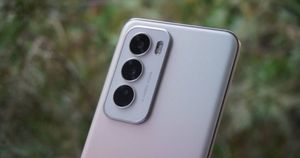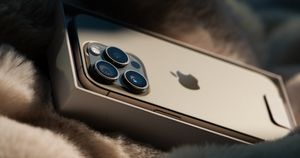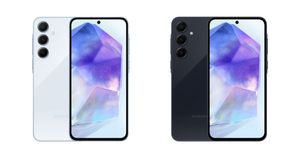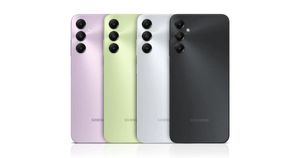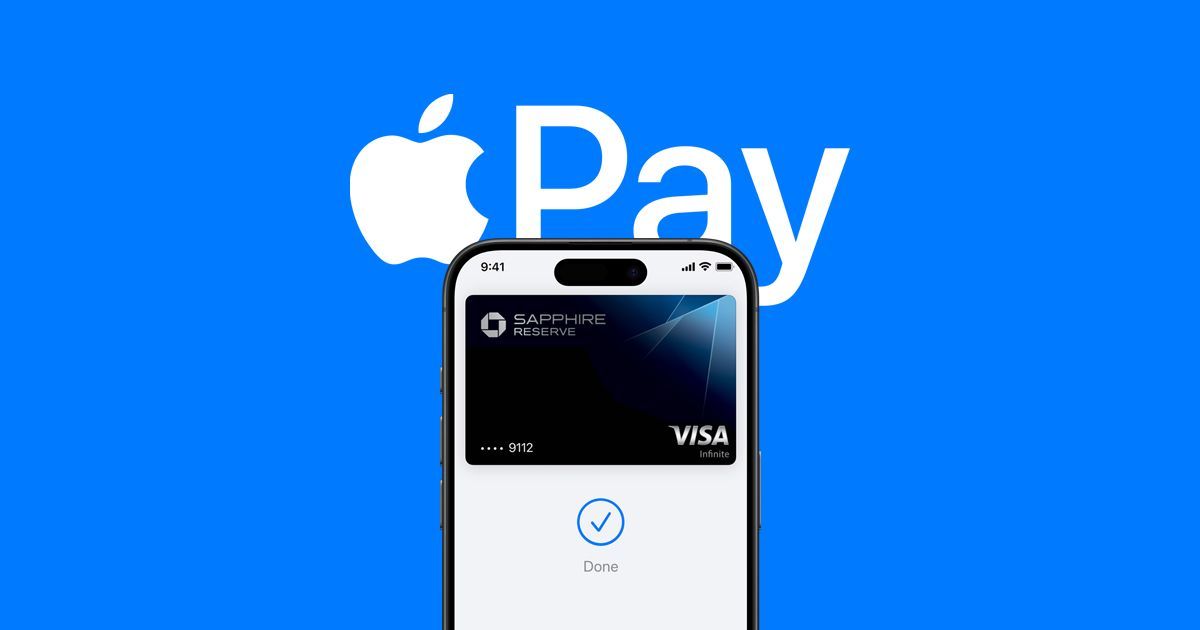
Apple has offered to open its NFC chip to third-party wallet and payment providers in the EU region. This move means Apple’s monopoly over the NFC chip for Apple Wallet and Apple Pay will be over. This proposal from the Cupertino-based tech giant comes in response to the European Commission antitrust investigation.
The commission has now posted an online circular asking for feedback on the commitments made by Apple. Notably, Apple has offered to open the NFC payment technology on its devices to settle the antitrust charges, and avoid paying a possible hefty fine. Let’s take a look at the latest development regarding Apple NFC payment.
Apple’s NFC Payment Technology And What Could Change Soon
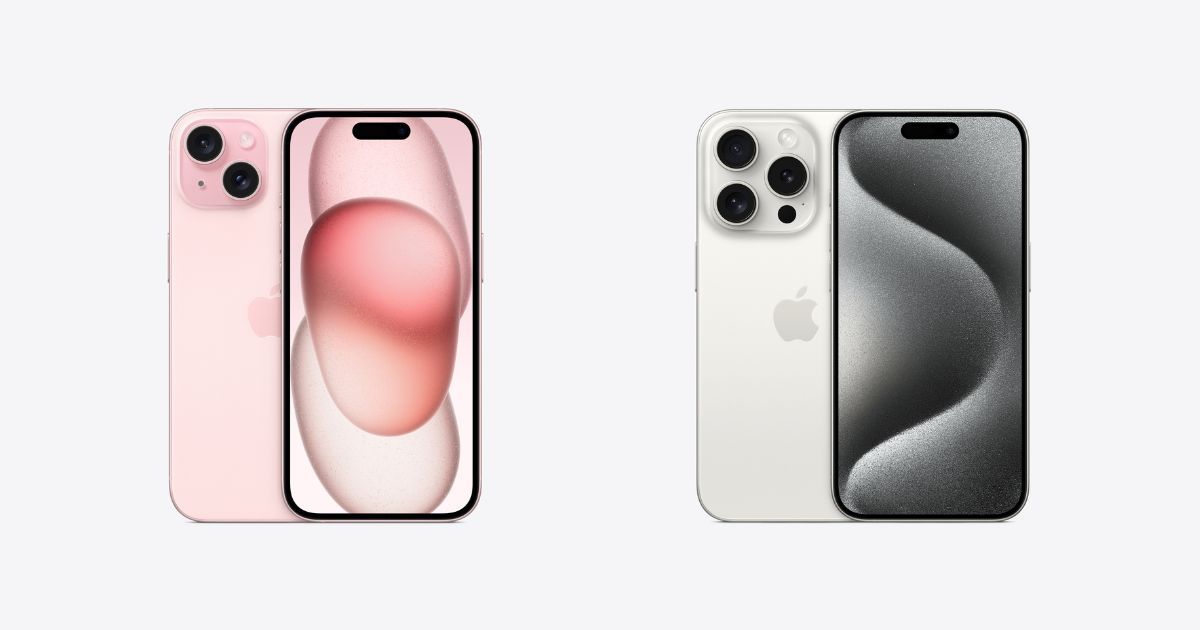
The EU Commission had charged Apple for blocking access to its NFC-based tap-and-go mobile payment systems. This restriction made it difficult for developers of third-party mobile wallets and payment solutions to offer alternative payment options on iPhones and Apple Watches. EU Commission’s antitrust investigation charges Apple with being anti-competitive when it comes to Apple Pay and Wallet and this has been ongoing for a few years.
Now, in response Apple has committed to allowing third-party app developers access to its NFC chip. These apps will be able to work independently from Apple Pay or Apple Wallet to offer a tap-to-pay feature to users.
Apple has mentioned that access will be provided to mobile payments, banking, and digital wallet apps operating in the European Economic Area (EEA). This will help the end user select the app they prefer to make payments.
Notably, the EU Commission launched an antitrust campaign against Apple in 2020 over the exclusive access to NFC chips in iPhones and the Apple Watch.
Before this, Apple complied with the EU rule to incorporate a USB-C port into its iPhone lineup. The company launched its iPhone 15 series worldwide with a USB Type-C port onboard. The EU Commission has also asked Apple to allow sideloading on iPhone. However, Apple has yet to implement it as Tim Cook stated that sideloading apps damages privacy and security.






